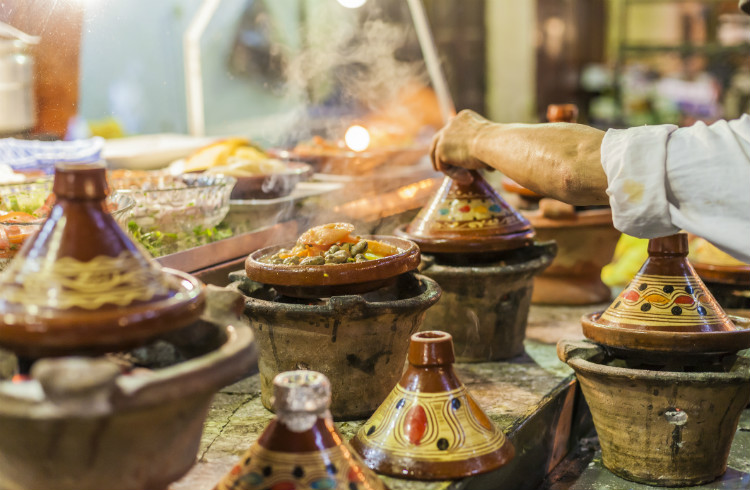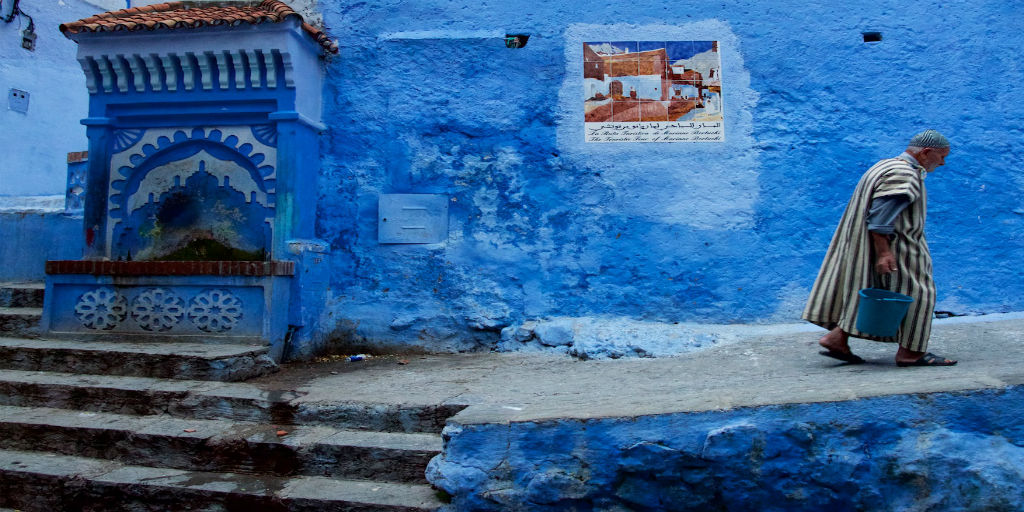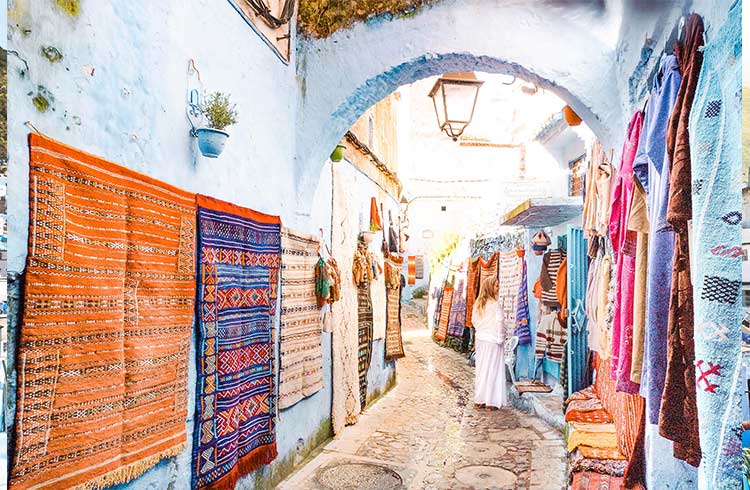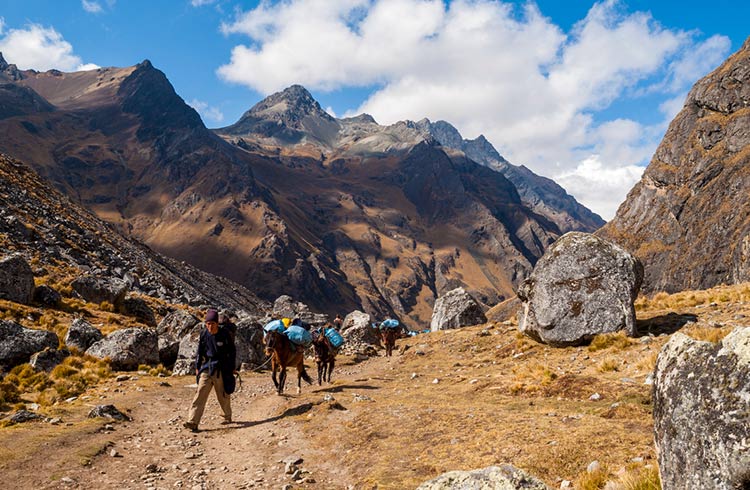Travel Health in Morocco: Vaccinations and Hygiene Tips
Most travelers have an illness-free trip while in Morocco, but things don't always go to plan. Reduce your risk with these seven health and hygiene tips.
 Photo © Getty Images/mariusz_prusaczyk
Photo © Getty Images/mariusz_prusaczyk
- COVID-19 (coronavirus) Update
- Vaccinations for Morocco
- Medical Treatment in Morocco
- Food Borne Diseases
- Left Hand, Right Hand
- Can I Drink the Local Water?
- Black Henna Tattoos
- Altitude Sickness
Travel restrictions due to COVID-19 (Coronavirus)
Travelers must show proof that you have been fully vaccinated against COVID-19, with the second dose received at least two weeks prior to travel, or a negative PCR test result taken no more than 72 hours before boarding. For travel by ferry, you will also need to take a COVID-19 test during the journey. On arrival in Morocco, you must present a completed Public Health Passenger form. You can print a copy in advance of traveling.
Vaccinations for Morocco
The following vaccinations are recommended for travelers to Morocco:
- Routine vaccinations
- Hepatitis A
- Typhoid
- Rabies (recommended if you are planning to spend time in rural areas, participating in outdoor activities or spend extended time in the country)
Medical treatment in Morocco
Private and public medical treatment facilities are available in the major city areas with many doctors having traveled to the US or Europe to receive their training. Private clinics provide a better standard of care however it is a pay upfront system. If your condition is a bit more serious than a GP visit, give your travel insurance's emergency assistance a call who can best advise you which hospital to attend.
Pharmacies are often well stocked in major cities and can treat general illnesses and conditions. However, you may need a crash course in French to understand any of the advice from the pharmacist.
It's important that if you bring any medications with you from home that you have a doctor's letter outlining their usage and check with the embassy prior to departure as some medications which may be legal at home can be illegal in Morocco.
It's also a good idea to pack a travel first aid kit especially if you plan to travel away from urban centers or for minor issues while traveling around including insect repellent as malaria is present in some parts of the country.
Food-borne diseases
Always wash your hands before eating and after using the bathroom. Especially after touching items in the souks or exploring leather tanneries – these places are full of dust and grime.
Carry a small bottle of hand sanitizer which is helpful in places where there are no handwashing facilities.
Food in Morocco is delicious and amongst the best in the world. However, you should only eat fruit or vegetables that have been peeled, washed or thoroughly cooked prior to eating. Seasoned travelers avoid salads altogether unless they're sure they've been prepared hygienically.
Hot food cooked quickly is usually safe to eat, and choosing restaurants that are busy with locals eating is often a good choice.
Avoid food that may have been stewing away all day in the sun, and then reheated late in the afternoon or evening
Left hand, right hand
The Islamic tradition is to use the right hand for eating, and the left hand for, well, everything else.
Commercially produced toilet paper wasn't widely circulated until 1857, and in some parts of Morocco "traditional" methods are still being used. Not only is it offensive to use the left hand to eat, or to greet someone, but adopting the 'right hand left hand' rule is another way of avoiding infections.
Can I drink the local water?
Drinking water directly from a tap in Morocco isn't a good idea. It's better to drink filtered or treated water as you may react to unfamiliar bacteria in the water, causing sickness or diarrhea.
However, the Moroccan authorities are concerned about the pollution caused by plastic from bottled water, and many hotels have filtered water for guests which is considered safe to drink. They have detailed information on the filtration method, and this water is usually free. Consider carrying a water bottle with a built-in filter that you can refill, or adding purification tablets to water.
Heat can affect you quickly in Morocco, so it's important to stay hydrated; particularly if you are traveling in desert areas or you're hiking in the Atlas mountains. Don't forget to also cover up to avoid becoming a lobster.
Black henna tattoos
Henna tattoos are popular in many countries including Morocco and unfortunately, black henna has a presence in the country. While that mandala may look great, it will also be a permanent reminder of your Moroccan holiday with the pigment ingredients causing severe skin burns.
Proper traditional henna is reddish-brown, so if you plan to get a tattoo, do your research. Ask your accommodation or official tour guide where they recommend getting henna done.
Altitude sickness
If you plan to hike in the Atlas Mountains, altitude sickness is something you should be aware of and take the necessary precautions to avoid it. Take the time to acclimatize, avoid alcohol, get adequate rest and be properly hydrated. It's also worth packing some altitude sickness medication which can help prevent and treat the condition. Travel with a reputable guide or in a group in case you need assistance.
If you need emergency medical assistance during your trip, dial 150 and ask for an ambulance.
Related articles
Simple and flexible travel insurance
You can buy at home or while traveling, and claim online from anywhere in the world. With 150+ adventure activities covered and 24/7 emergency assistance.
Get a quote


No Comments